All About Pimples: Causes, Prevention, and Treatment
February 22 2024 – Luise Berger
Free shipping from €200
Start your free skin analysis
Made in Germany
Collect valuable loyalty points with every purchase

February 22 2024 – Luise Berger
Popping pimples is generally not recommended. It can lead to skin irritation, scarring, and the spread of bacteria, which can cause more pimples. It is better to let pimples heal naturally or use targeted treatment products.
Stress-related pimples often appear suddenly and can occur anywhere on the face or body. They are typically inflammatory, meaning they can be red, swollen, and painful. Stress pimples are a sign that the body is responding to emotional or physical stress.
Anti-pimple creams containing active ingredients such as salicylic acid, benzoyl peroxide, or tea tree oil can be effective. They help to cleanse pores, reduce inflammation, and promote skin renewal. However, the effectiveness depends on the type of pimples and the individual skin condition.
The duration of the healing process of pimples can vary. Mild pimples may fade within a few days, while more severe forms of acne can take longer. Proper skincare and the use of specific treatment products can support the healing process.
Although blackheads, pimples, and acne are often mentioned in the same context, there are significant differences between them:
Blackheads (Comedones): Blackheads are small, dark skin lesions that result from clogged hair follicles. They consist of sebum and dead skin cells that oxidize and turn black when exposed to air (open comedones). Whiteheads (closed comedones), on the other hand, are covered by a thin layer of skin and have a whitish or skin-colored appearance.
Pimples: Pimples are small, inflamed skin elevations that are often painful and have a red halo with a white center. They occur when pores are clogged with excess sebum, bacteria, and dead skin cells, leading to inflammation.
Acne: Acne is a skin condition characterized by a variety of symptoms, including blackheads, pimples, deeper nodules, and cysts. It often occurs in areas with a high density of sebaceous glands, such as the face, back, and chest.
Pimples are small, inflamed bumps on the skin often associated with acne. They occur when the skin’s pores become clogged with excess oil, dead skin cells, and sometimes bacteria. These blockages lead to pore inflammation, which appears as red, sometimes painful, swelling—commonly known as pimples. Pimples can appear in various forms and vary in size, color, and severity.
There are different types of pimples that can indicate various skin issues:
Each type of pimple may require different treatment approaches. While some can be treated with topical solutions and adjustments to skincare routines, others may need more intensive medical treatment.

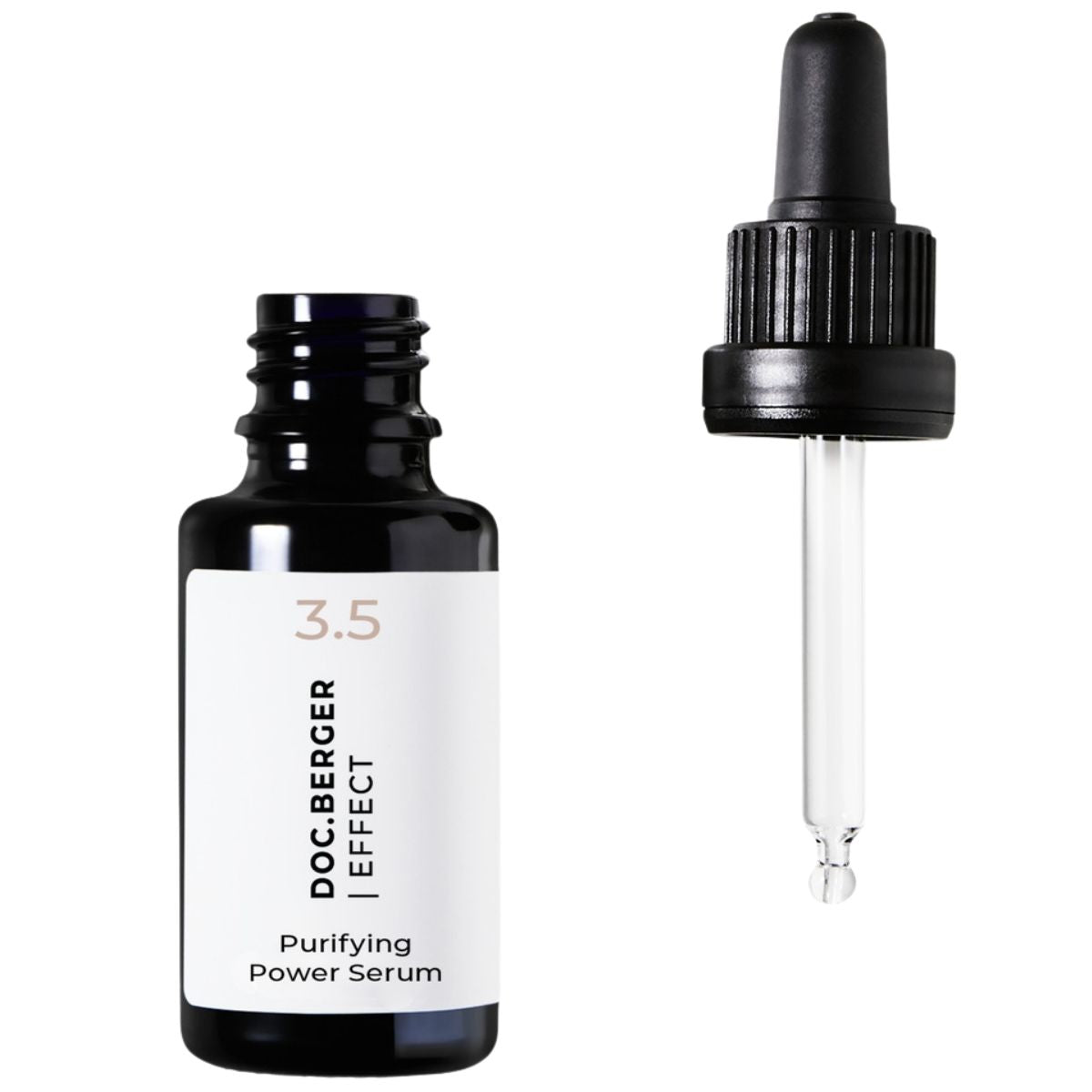

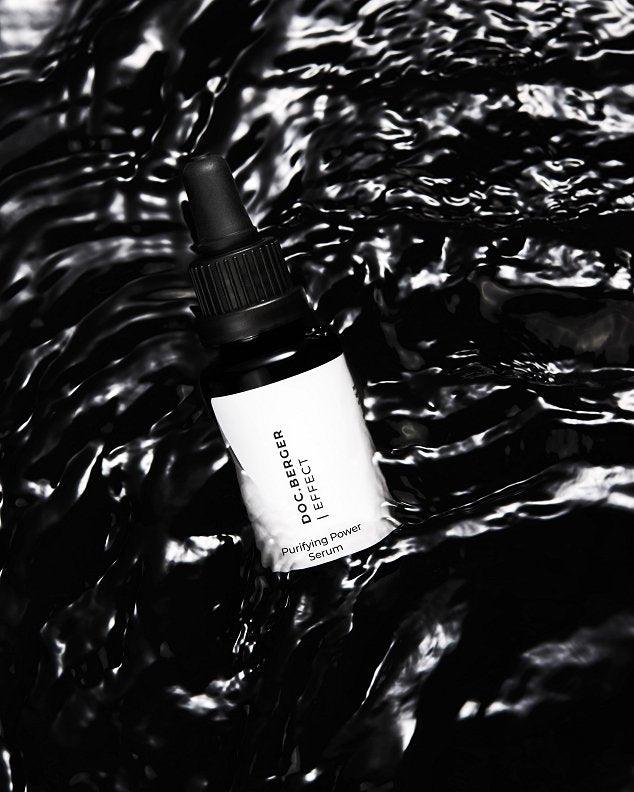
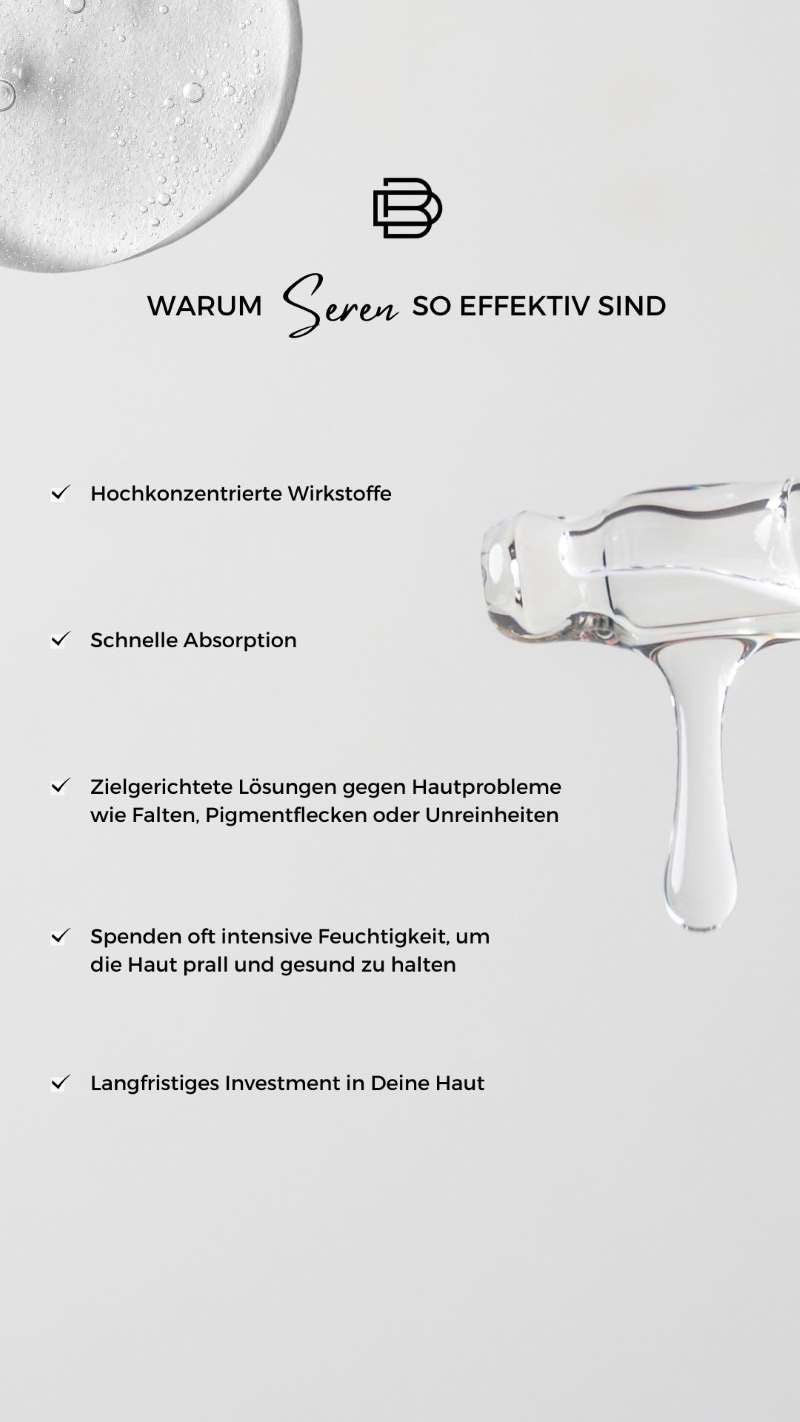
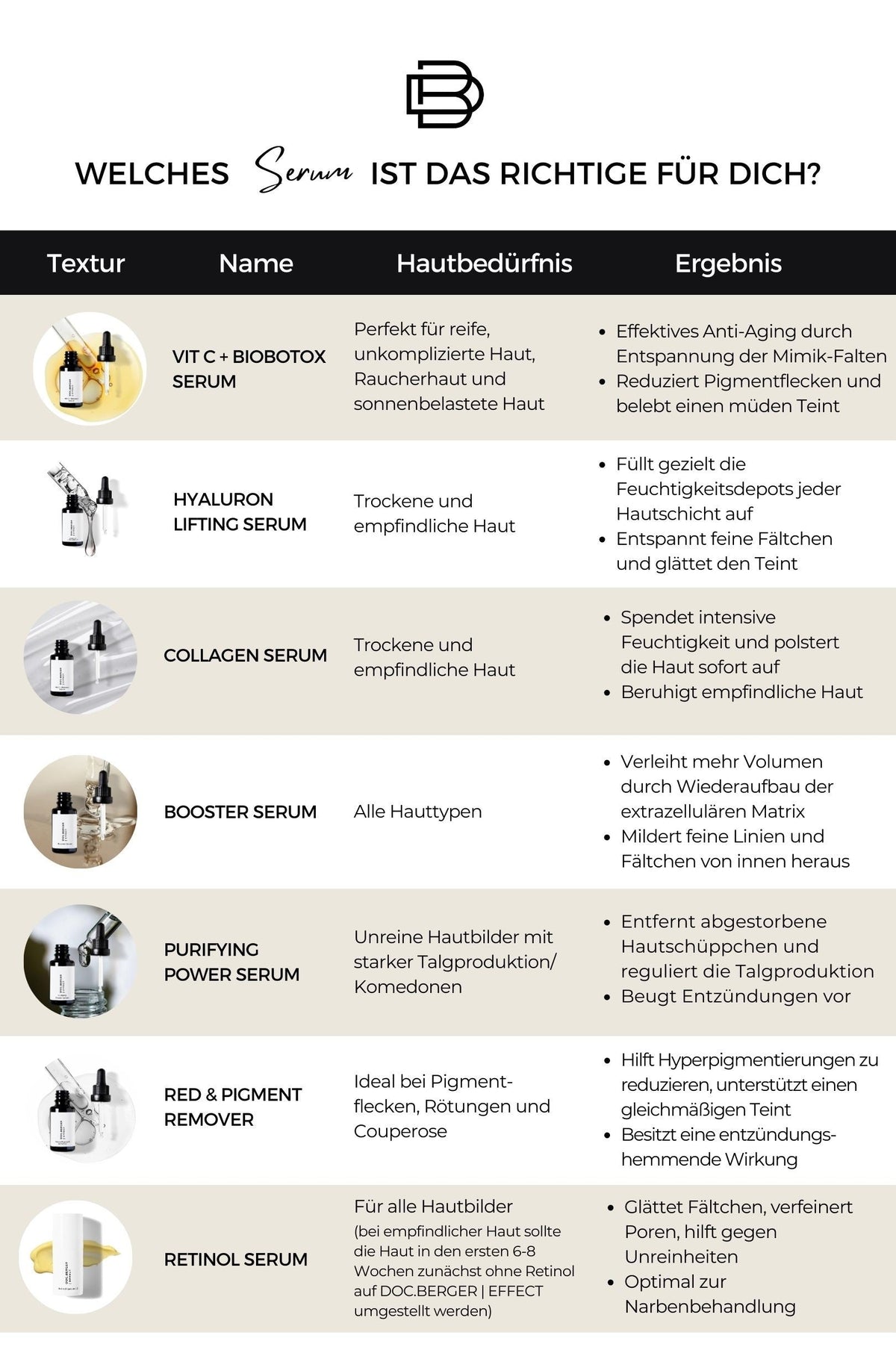
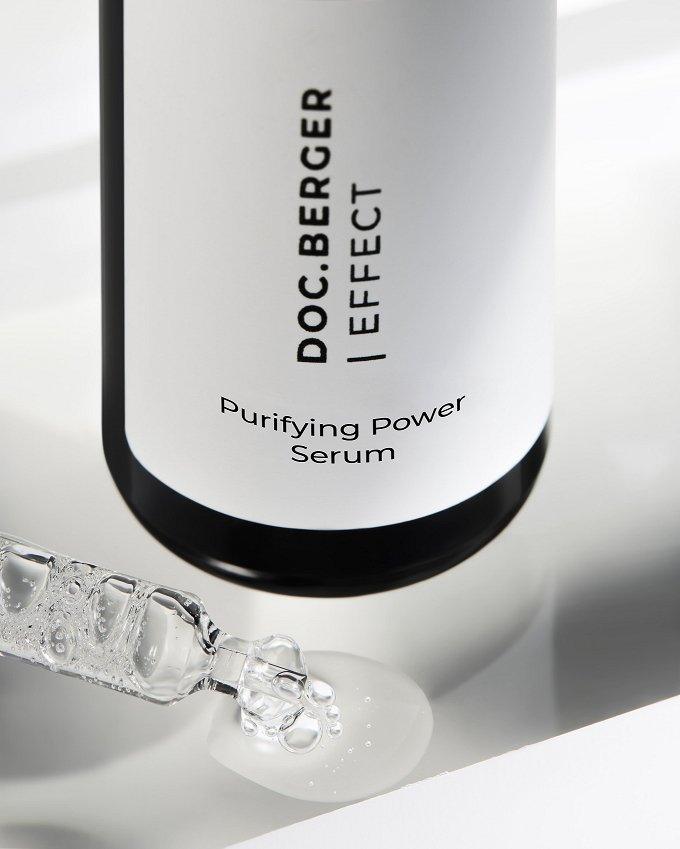
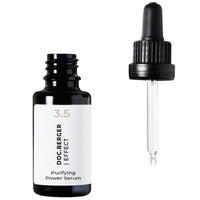
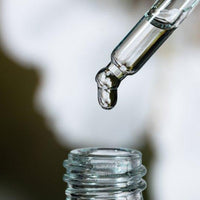
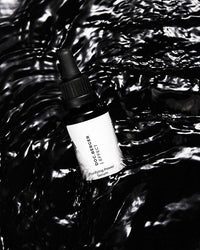
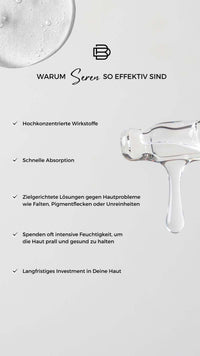
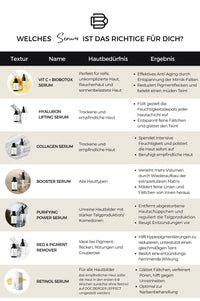
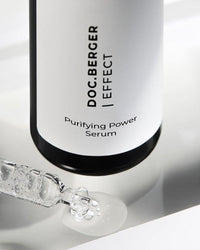
Pimples occur when skin pores become blocked by excess oil, dead skin cells, or bacteria. This leads to inflammation, which manifests as pimples. The main causes of pimples are:
Overproduction of sebum: The skin's sebaceous glands produce natural oils that keep the skin supple, but overproduction can lead to clogged pores.
Accumulation of dead skin cells: If dead skin cells are not properly removed, they can build up in pores and clog them.
Bacteria: Certain types of bacteria that live on the skin can thrive in clogged pores and cause inflammation.
Inflammation: The body's reaction to blocked pores and bacteria leads to inflammation, which becomes visible as pimples.
Influence of hormones, diet and lifestyle:
In addition to the direct causes mentioned above, there are also factors that can influence the appearance of pimples:
Hormonal changes: Hormonal fluctuations, such as those caused during puberty, menstruation, pregnancy or by certain medications, can increase sebum production and thus promote the formation of pimples.
Nutrition: Certain foods, especially those with a high glycemic index or dairy products, can cause pimples in some people.
Lifestyle factors: Stress, lack of sleep and certain environmental factors can also increase the risk of pimples.
Understanding these causes is crucial to developing effective pimple prevention and treatment strategies. A holistic approach that considers skin care, diet, and lifestyle can help reduce the appearance of breakouts.
Preventing breakouts is an important aspect of skin care and often requires a combination of targeted skin care techniques and lifestyle changes. Here are some effective tips and strategies that can help minimize the appearance of pimples:
1. Regular skin cleansing: One of the most important things you can do to prevent breakouts is to cleanse your skin regularly and thoroughly. This helps remove excess oil, dirt and dead skin cells that can clog pores. It's important to use a mild, non-comedogenic cleanser that won't irritate or dry out your skin.
2. Exfoliation: Gentle exfoliation can help remove dead skin cells and promote skin renewal. Products containing salicylic acid or alpha hydroxy acids are particularly effective, but should be used with caution so as not to over-irritate the skin.
3. Moisturizing: A balanced moisturizer is crucial to keep the skin barrier healthy. Oily skin also needs moisture, so a light, oil-free moisturizer should be used.
4. Sun protection: Regular sun protection is important to protect the skin from UV damage, which can worsen inflammation.
5. Nutrition and hydration: A balanced diet rich in antioxidants, vitamins and minerals, as well as adequate hydration can support skin health. It may help to limit high glycemic index foods and dairy products if they promote breakouts.
6. Stress management: Since stress can affect hormonal balance and lead to breakouts, it's important to practice effective stress management techniques such as meditation, regular exercise, or getting enough sleep.
7. Avoiding Skin Irritation: Avoid rubbing or scratching your skin and choose skin care products and cosmetics that are non-comedogenic and do not irritate your skin.
By combining these skincare and lifestyle changes, you can reduce your risk of breakouts and contribute to healthier, clearer skin.

Preventing pimples is an important aspect of skincare and often requires a combination of targeted skincare techniques and lifestyle changes. Here are some effective tips and strategies that can help minimize the occurrence of pimples:
1. Regular Skin Cleansing: One of the most important measures for preventing pimples is regular and thorough cleansing of the skin. This helps remove excess oil, dirt, and dead skin cells that can clog pores. It is important to use a mild, non-comedogenic cleanser that does not irritate or dry out the skin.
2. Exfoliation: Gentle exfoliation can help remove dead skin cells and promote skin renewal. Products with salicylic acid or alpha hydroxy acids are particularly effective but should be used with caution to avoid over-irritating the skin.
3. Moisturizing: A balanced moisturizing routine is crucial to keep the skin barrier healthy. Even oily skin requires moisture, so a lightweight, oil-free moisturizer should be used.
4. Sun Protection: Regular sun protection is important to protect the skin from UV damage, which can exacerbate inflammation.
5. Nutrition and Hydration: A balanced diet rich in antioxidants, vitamins, and minerals, along with adequate hydration, can support skin health. It may be helpful to reduce foods with a high glycemic index and dairy products if they promote pimples.
6. Stress Management: Since stress can affect hormone balance and lead to pimples, it is important to practice effective stress management techniques such as meditation, regular exercise, or sufficient sleep.
7. Avoiding Skin Irritation: Avoid rubbing or scratching the skin and choose skincare products and cosmetics that are non-comedogenic and do not irritate the skin.
By combining these skincare and lifestyle changes, you can reduce the risk of pimples and contribute to healthier, clearer skin.

A customized skincare routine is essential to combat pimples and blemishes. It not only helps to thoroughly cleanse the skin and remove impurities but also soothes and supports the skin's natural regenerative abilities. Our guide provides you with the necessary steps to effectively treat pimples and help your skin achieve a healthier, clearer appearance:
Thorough Cleansing: Start with meticulous cleansing to remove makeup, excess oil, and dirt. The Foam Intense by DOC.BERGER | EFFECT deeply cleanses the skin without drying it out or causing irritation.
Restoring the Skin's Environment: A balancing tonic like our Purifying Tonic soothes the skin, restores its pH balance, and prepares it for subsequent care.
Targeted Serums: Use specialized serums, such as the Purifying Power Serum and the Vit C + Biobotox Serum, which penetrate deeply into the skin and target problem areas.
Daytime Protection: A protective day cream like our Anti-Pollution Day Cream shields the skin from environmental influences and UV radiation.
The Power Ingredient Retinol: A key element in treating pimples is the Retinol Serum. It should be applied before night care, as it promotes cell renewal, combats unevenness and blemishes, reduces pigmentation spots and acne scars, and smooths fine lines.
Nighttime Regeneration: After the Retinol Serum, follow up with nighttime care using the Purifying Night Cream, which intensively regenerates and nourishes the skin.
Weekly Exfoliation Routine: The Bamboo Enzyme Powder Peeling helps to gently exfoliate the skin, removes dead skin cells, and promotes a smoother, clearer skin texture. It is particularly effective in reducing surface impurities and gives the skin a fresh, revitalized appearance. The Anti-Aging Fruit Acid 15% Peeling uses fruit acids to deeply renew and rejuvenate the skin. It helps to refine pores, improve skin texture, and accelerate skin regeneration, leading to a visibly rejuvenated and more even complexion.
By integrating these steps into your daily skincare routine, you can effectively combat pimples and achieve a noticeable improvement in your skin's appearance.

In summary, pimples are a common skin problem that affects people of all ages. Their occurrence can be attributed to a variety of factors, including hormonal fluctuations, diet, stress and genetic predisposition. Importantly, effective treatment and prevention of pimples requires a comprehensive skin care routine that is tailored to the specific needs of your skin. Using high-quality products such as those offered by DOC.BERGER | EFFECT can play a crucial role in this.
It's important to remember that skin care is individual and what works for one person may not necessarily work for another. Patience and consistency are keys to success, especially when it comes to treating skin problems like pimples. For more severe cases of acne, it is advisable to consult a dermatologist to receive treatment tailored to your needs.
Softens Expression Lines & Reduces Pigmentation – for Mature & Balanced Skin
Luxurious High-Tech Night Cream with Juvinity® & Growth Factors– for Mature Skin
Day Cream with Blue Light/Infrared Protection & SPF 30+ – for All Skin Types
April 4, 2025 – Dr. Luise Berger
Du nutzt hochwertige Wirkstoffkosmetik und wirst trotzdem Unreinheiten auf Deiner Haut nicht los? Strahlende, gesunde Haut beginnt nicht erst mit deiner Hautpflegeroutine, sondern mit dem, was Du zu Dir nimmst. Die Ernährung hat einen direkten Einfluss auf unser Hautbild. Doch welche Lebensmittel fördern eine schöne, reine Haut – und warum?
Keep readingMarch 11, 2025 – Dr. Luise Berger
Skin Longevity, or Longevity Skincare, refers to approaches and strategies aimed at slowing down the skin aging process and maintaining its health and vitality in the long term. This includes supporting cellular and molecular processes to repair damage and optimize skin function.
Keep readingMarch 4, 2025 – Dr. Luise Berger
The eyes are literally considered the mirror of the soul. Therefore, we should not only take care of the health of our vision, but also of the appearance around it. Unlike a traditional face cream, an eye cream is specially developed for the sensitive skin around the eyes.
Keep readingCustomer Service
Discover More
Newsletter
Join our skin care community and never miss any news!
Currency
Get 10% discount on your first order
Stay up to date on the best skin care products and beauty trends. Subscribe to our newsletter and get access to insider information and exclusive benefits.
By entering my email, I agree to receive emails from Effect & Result Gmbh. By registering below, you confirm that you have read our data protection regulations.